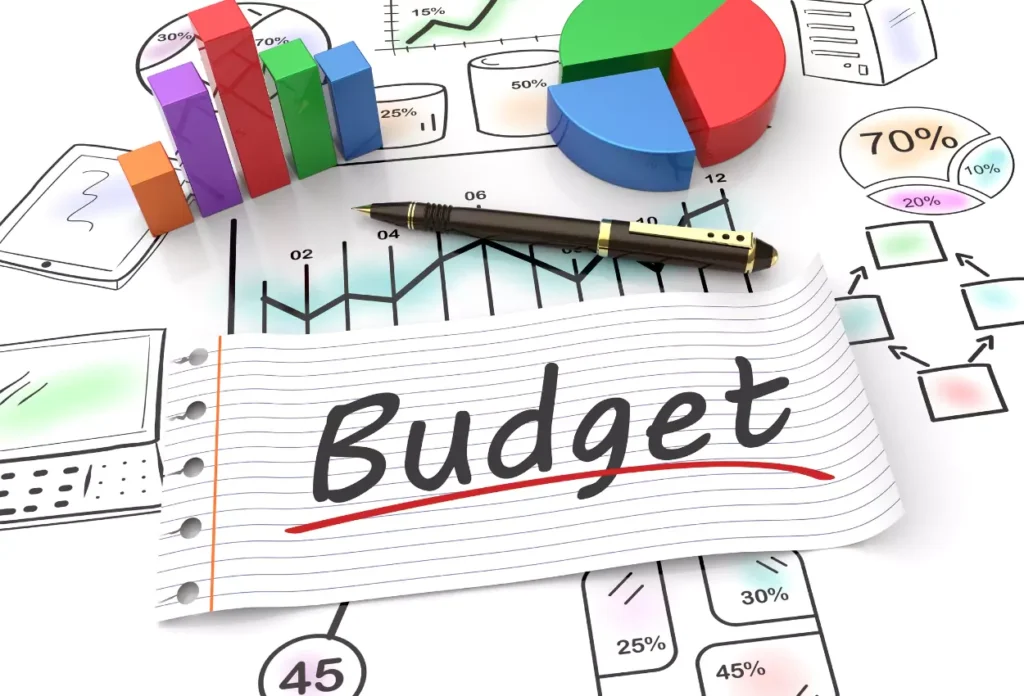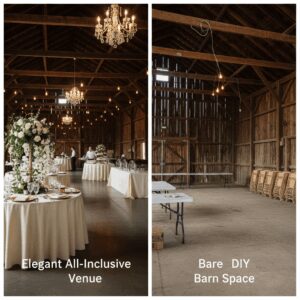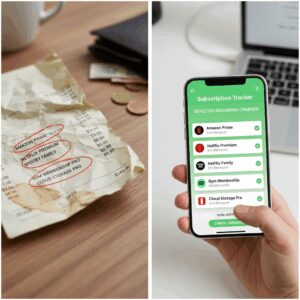
Crafting a budget can seem like a daunting task. Add in life’s unpredictable moments, and it may feel even more challenging.
A realistic budget does more than track your spending; it prepares you for the unexpected. It’s like building a safety net for your finances, one that can catch you when life throws a curveball. Imagine a budget that considers not just bills and fun money, but also those surprise expenses that can pop up without warning.
In the next 120 words, let’s walk through the steps to create a budget that’s both robust and flexible. You’ll learn how to identify your regular expenses, set aside savings for the unforeseen, and adjust your plan as your life evolves. Whether it’s a car repair, a medical bill, or a sudden job change, a well-thought-out budget can help you manage. So, let’s get your finances in shape to tackle both the expected and the surprises with confidence. It’s all about being prepared, so let’s dive in and start building that realistic budget today.
Laying The Foundation: Income Vs. Expenditure
To build a budget, know your income first. List all money sources. Include jobs, sales, and gifts. Total them for the month. This is your monthly income. Next, track your spending. Write down fixed expenses. These are bills you pay every month. Think rent or mortgage, insurance, and subscriptions. Then, list variable expenses. Money spent on groceries, gas, and fun goes here. These can change from month to month. Remember, some months have surprises. Put some money aside for these. This way, you won’t be caught off guard.
The Role Of Savings In Budgeting
Savings play a key part in budgeting. They help you handle surprises. It’s wise to have an emergency fund. This is money for sudden needs. Like a car fix or a doctor visit.
Think about two kinds of saving goals. Short-term and long-term. Short-term goals are for things you need soon. Maybe a new phone or a holiday gift. Long-term goals are for the far future. Like college for kids or a new house.
Every month, put money into your savings. Even a little helps. This is your safety net. It lets you stay calm when things get tough. No need to panic over surprise bills. Your budget will thank you.
Planning For The Unexpected
Building a realistic budget needs a special part for surprises. Life can bring costs we don’t expect. To plan well, think about what could go wrong. Make a list of things that might need extra money. This list could have car repairs or home fixes.
Start with small amounts for things like medical bills or job loss. These might not happen often, but they can cost a lot. Each month, put money aside for these. This way, you’re ready if they come up.
Think of your adjustable expenses. This is money you can move around. You might spend less on fun activities if you need to fix your car. Your budget should have a cushion. This is extra money you don’t plan to spend. It’s there to help when surprises hit. A good cushion might be 5-10% of your monthly income. It can keep you safe when unexpected costs show up.
Budgeting Tools And Techniques
Many apps can help with budgeting. They track your money easily. You always know where your cash goes. Popular apps even suggest how to save money. Remember, some apps are free, others are not.
The Envelope System is simple but effective. Write expenses on envelopes. Put cash inside each one. When the envelope is empty, stop spending on that. This method makes you think before you buy. It’s great for saving money.
Maintaining And Adjusting Your Budget
Building a budget needs regular checks. Set times to review it. This keeps your budget up-to-date. Life brings money changes often. Be ready to tweak your budget. This helps you stay on track.
Got a raise? Great! Update your budget. Lost a job? Adjust your spending. Big bills can surprise you. Plan for these. Save a little each month. This way, you won’t stress over surprises.
| What to Do | Why It’s Important |
|---|---|
| Check your budget | Keeps your spending in line |
| Change with new money | Stops budget from failing |
| Save bit by bit | Prepares for big bills |
- Review your budget often
- Change it with your money changes
- Save for the unexpected
Conclusion
Creating a budget with room for surprises is wise. Think about those unplanned costs. Set aside some money each month for them. This way, your finances stay steady, even when life throws curveballs. Remember, a little planning goes a long way.
Start small and adjust as you learn. Your future self will thank you for being prepared. Ready to tackle those unexpected expenses? Your realistic budget is the first step.
Unlock Full Article
Watch a quick video to get instant access.









